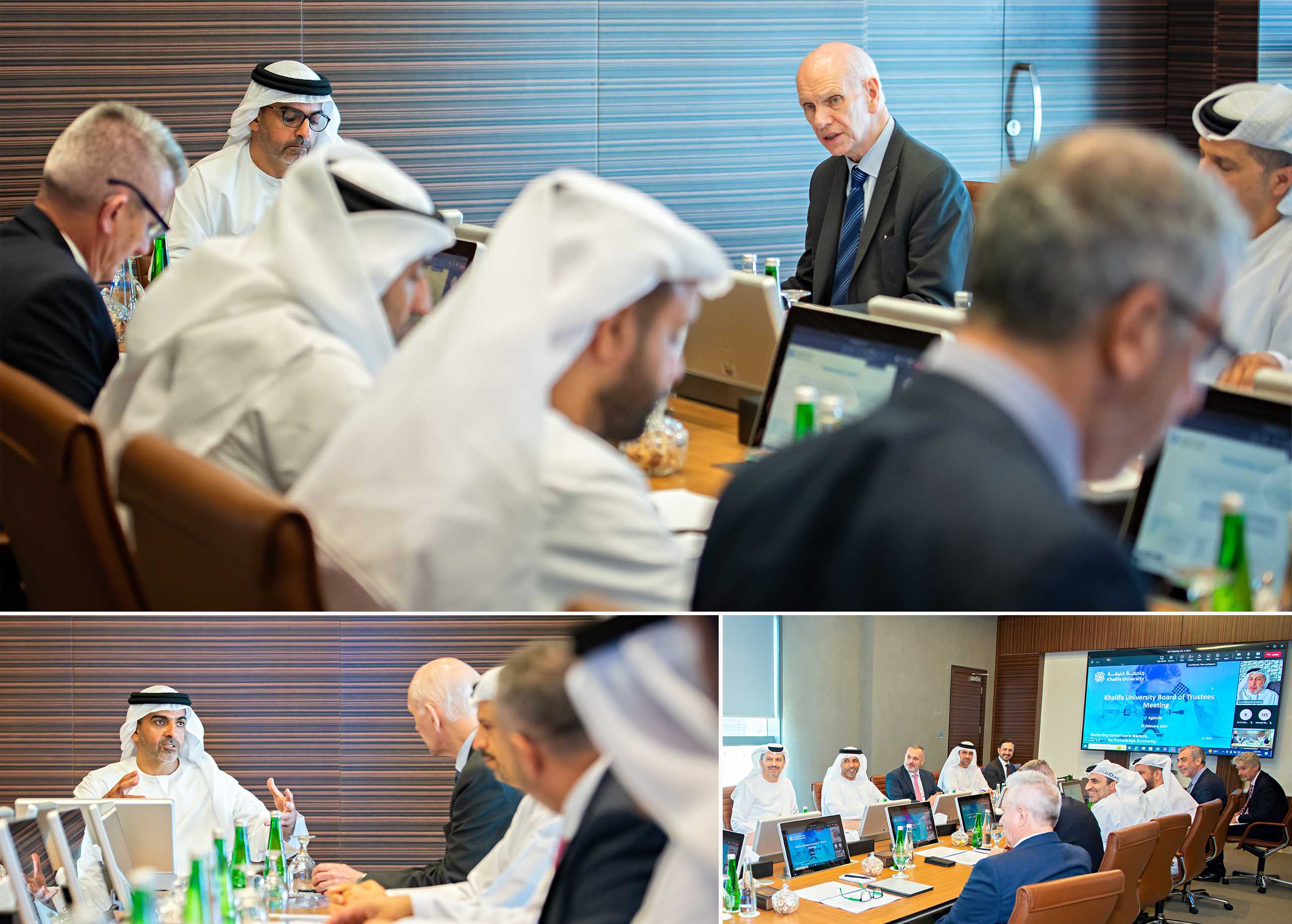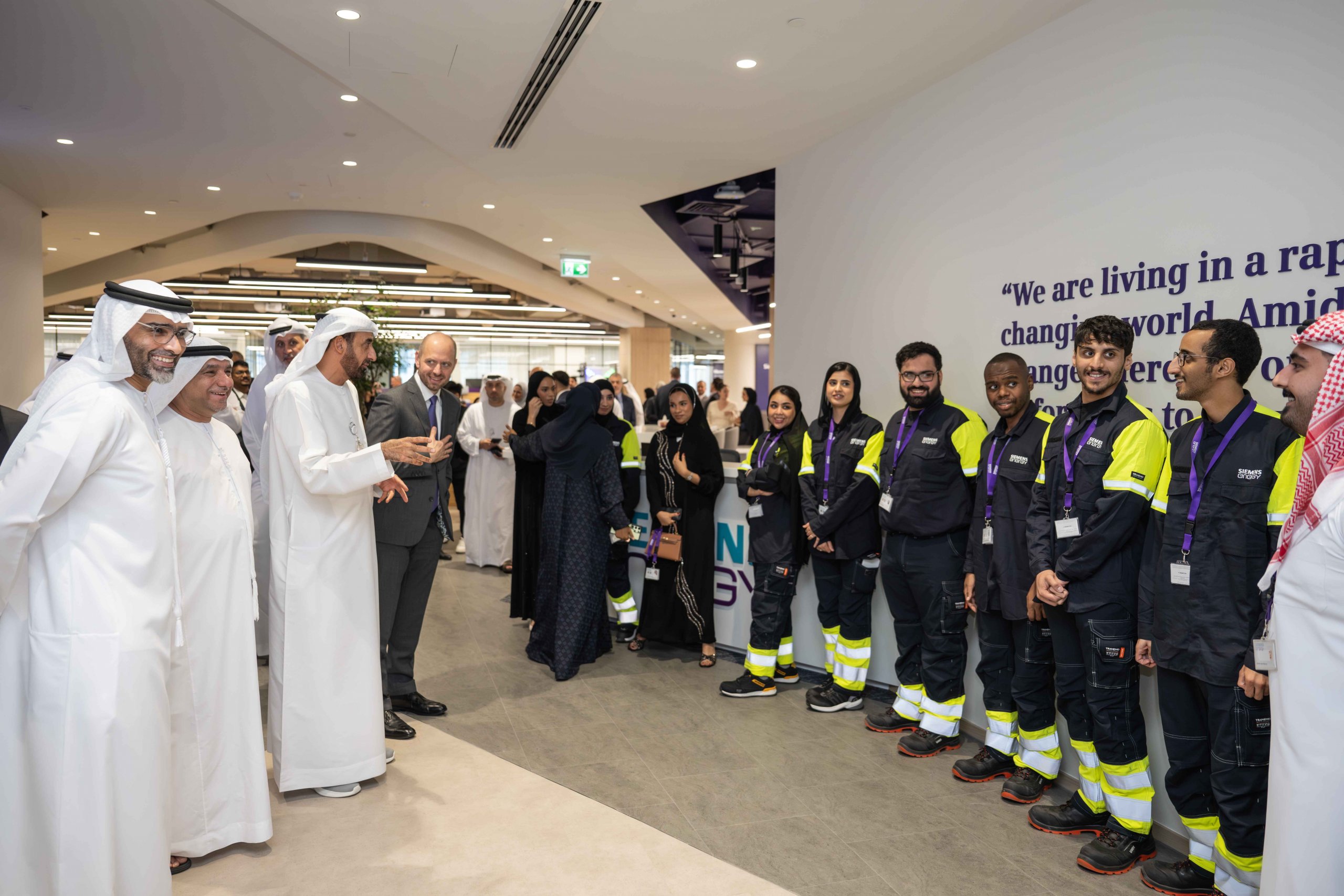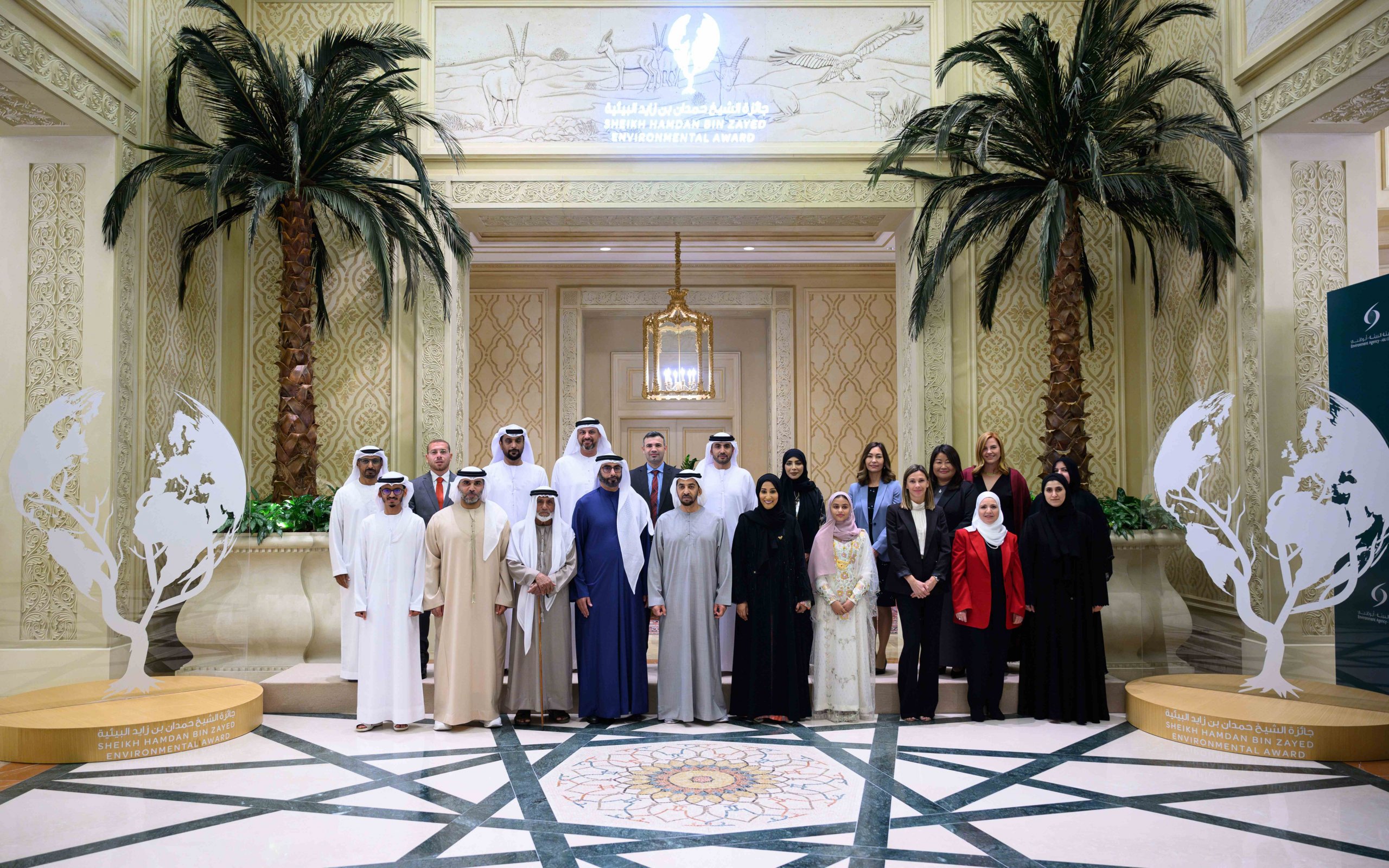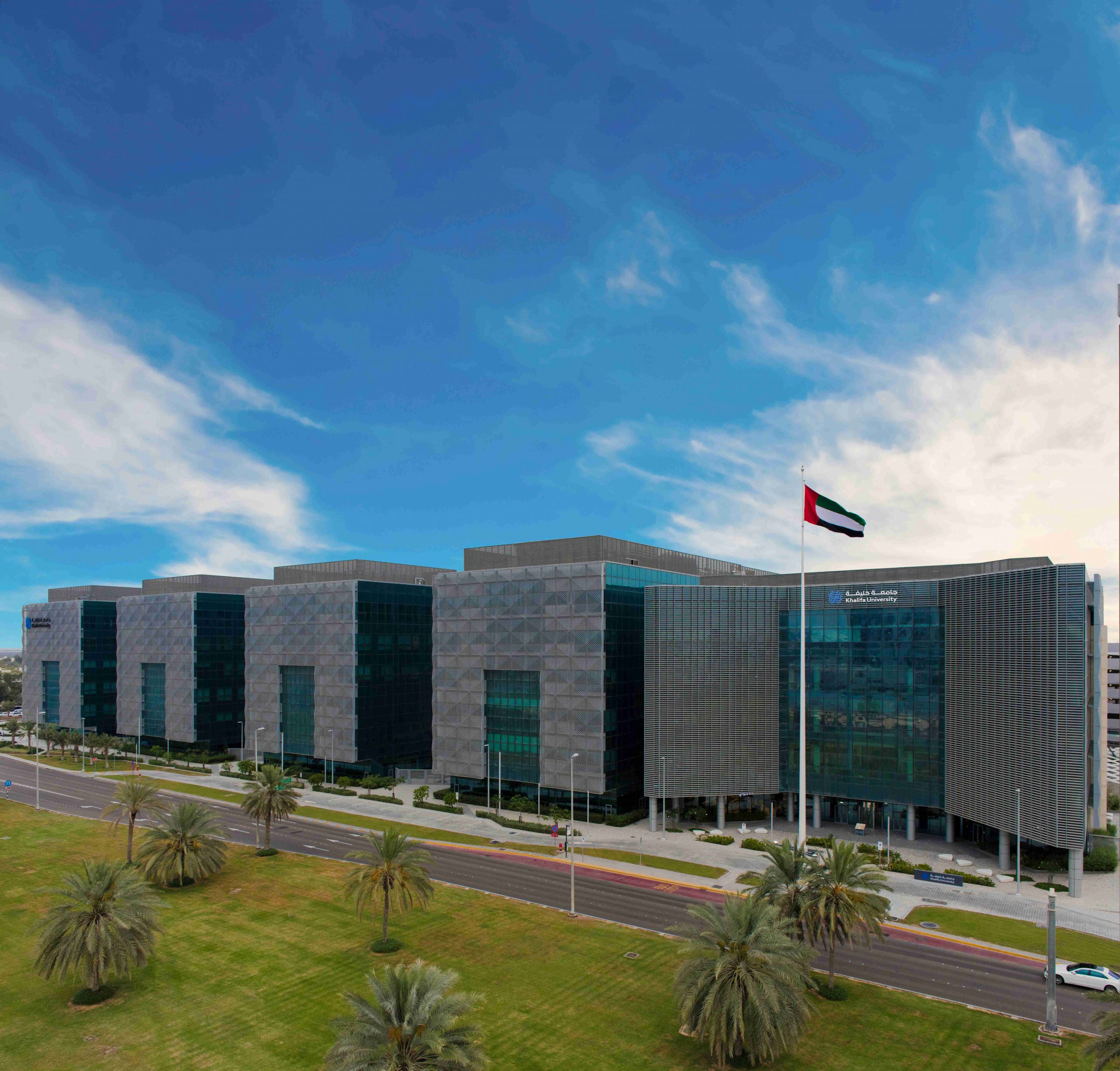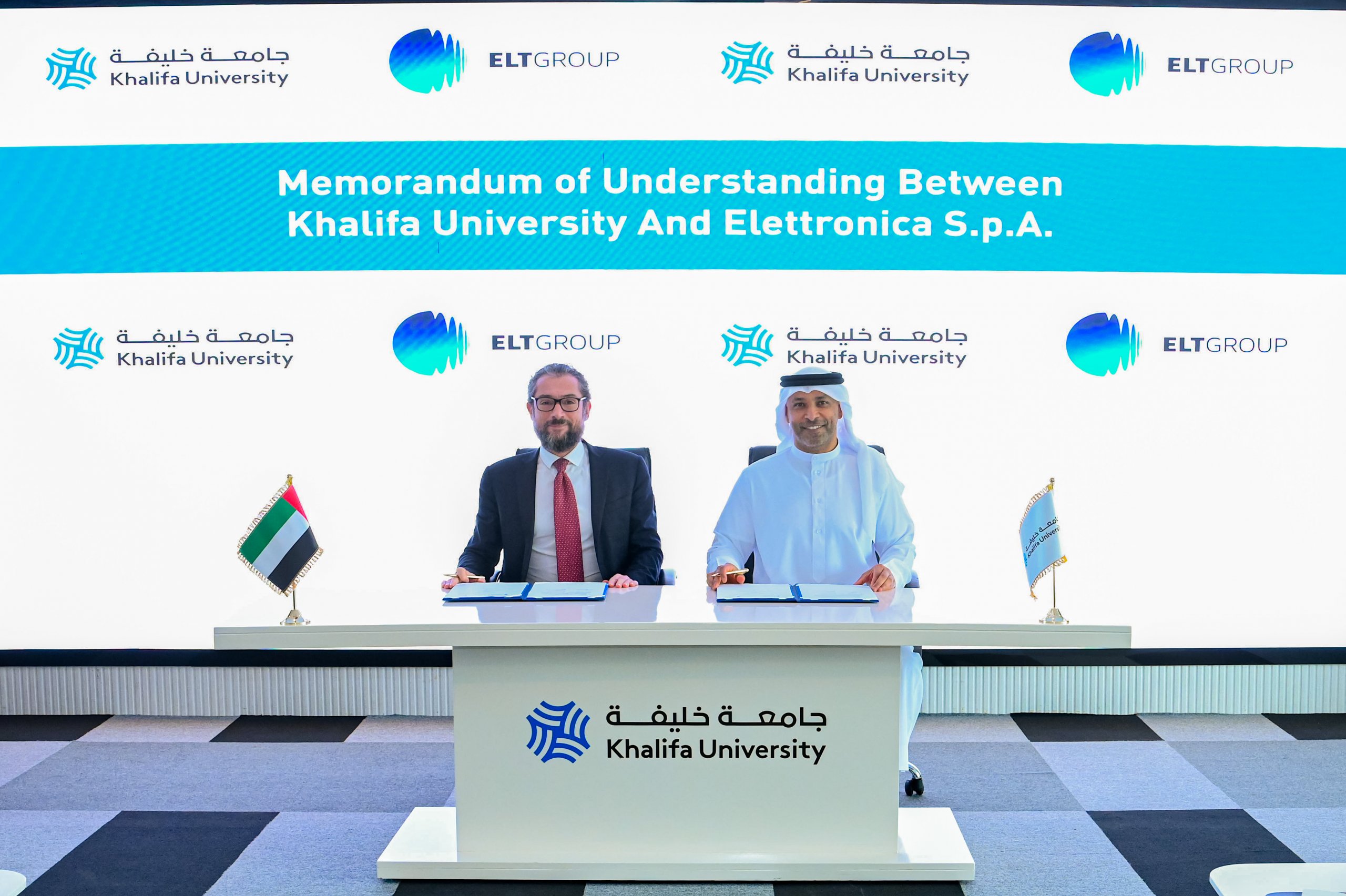
The convergence of energy systems with connected, intelligent information systems is opening up a range of opportunities for new energy sector business models and value propositions, said Dr. Steve Griffiths, Vice President for Research, Masdar Institute.
Dr. Griffiths shared this message at a panel discussion titled ‘Megatrends That are Driving Today’s Innovation and Redefining Business Models’ during the Global Innovation Summit 2016, which was held on 21 September in Dubai.
The panel was moderated by Kazi Monirul Kabir, Chief Innovation Officer, Spider Digital Innovations. Other panelists included Nadine Samra, Chief Technology Officer, Zee Group; Akshay Lamba, Chief Information Officer, Deloitte Middle East; Siddharth Wadhera, Innovations Lead, Aster DM Healthcare; and Tim Jones, Professor, University of Cambridge, UK. The invitation-only conference focused on the business impact of disruptive information and communication technology innovations that are transforming leading businesses.
Dr. Griffiths said: “The energy sector has historically been one of the least innovative due to an emphasis on leveraging proven technologies to supply energy reliably and at least cost. Now, however, things are changing quickly due to a few key trends such as diversification of energy resources, localized energy production with energy consumers now in the mix, intensive focus on efficiency improvements in both energy supply and energy demand, as well as R&D advances in complementary technologies, particularly information technology, materials science and biological science.”
He added: “In the information sciences, it is really advancements in sensing technologies, communication networks, data storage and computational power that is creating a bridge between the world of physical objects and the world of information to drive innovation in the energy sector. As a specific example, the oil and gas sector is being transformed by digital technologies collectively referred to as the digital oilfield.”
Digital oilfield technology helps oil and gas sector maximize recovery rates, reduce or eliminate non-productive systems and improve efficiency across workflows. Growth in the oil and gas sector is now strongly supported by autonomous systems, big data analytics, augmented reality systems and other such technologies.
Speaking about the current ‘digital excitement’ in clean energy related to intelligent buildings and autonomous transportation, Dr. Griffiths remarked that the evolution of smart cities is essential for the Gulf Cooperation Council (GCC) countries because the rate of urbanization in the region is extremely high. That requires buildings and transportation to fit into a holistic smart city approach.
Dr. Griffiths cited the example of the Dubai Autonomous Transportation strategy that targets 25% of all personal transport trips to be via autonomous vehicles by 2030, with particular focus on public transport and last mile journeys. Hence, he predicted, that Dubai and the broader UAE would be at the forefront of integrating intelligent transportation systems and buildings into the fabric of smart cities.
Clarence Michael
News Writer
21 September 2016


